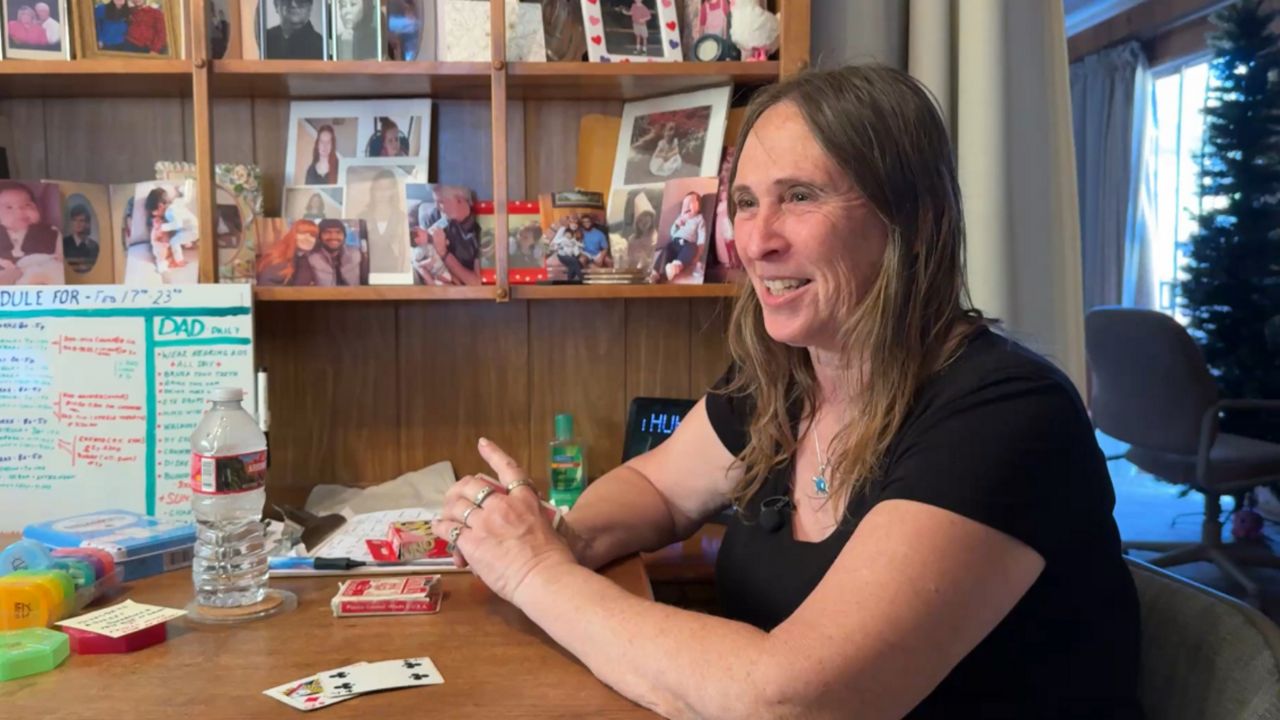
National Caregivers Day: Recognizing the Unsung Heroes and the Need for Enhanced Support
LOS ANGELES — As the nation observes National Caregivers Day, attention shifts to the millions of individuals who selflessly dedicate their lives to the care of loved ones. This day serves not only as a celebration of their significant contributions but also as a poignant reminder of the challenges they face, often sacrificing their own well-being in the process.
According to experts, many caregivers experience severe emotional strain, ranging from feelings of isolation to symptoms of depression. The demanding responsibilities of caregiver roles, which often include managing complex health needs and navigating various healthcare systems, can lead to chronic stress. Studies suggest that caregivers are at a heightened risk for a range of health issues, making it critical that they receive adequate support both emotionally and physically.
In response to these growing concerns, innovative solutions are emerging to assist caregivers in their daily tasks. One such initiative, HeroGeneration, has launched a comprehensive platform designed to streamline the caretaking process. This user-friendly interface allows caregivers to manage an array of responsibilities, including scheduling appointments, tracking medication, and accessing vital resources. By consolidating these tasks into one accessible application, HeroGeneration aims to alleviate some of the burdens that caregivers face, promoting efficiency and reducing stress.
Furthermore, veteran caregivers emphasize the crucial importance of self-care. They assert that personal well-being is not merely an indulgence but a necessity for effective caregiving. “You cannot pour from an empty cup,” says a long-time caregiver. This mantra echoes among professionals in the field, underscoring the need for caregivers to prioritize their own health and mental wellness. Self-care practices can vary widely, encompassing activities such as regular exercise, pursuing hobbies, or seeking social support from peers and community groups.
As society continues to recognize the importance of caregivers, there is a pressing need for policy initiatives and programmatic additions to support their well-being. Advocates call for increased access to mental health resources, respite care services, and community support networks that can help mitigate the feelings of loneliness that often accompany caregiving roles.
In conclusion, while National Caregivers Day provides an opportunity to honor those who serve in these demanding roles, it should also serve as a catalyst for dialogue and action surrounding the urgent need for enhanced support networks. By investing in the well-being of caregivers, we not only recognize their invaluable contributions but also ensure a higher quality of life for both caregivers and those they serve.

